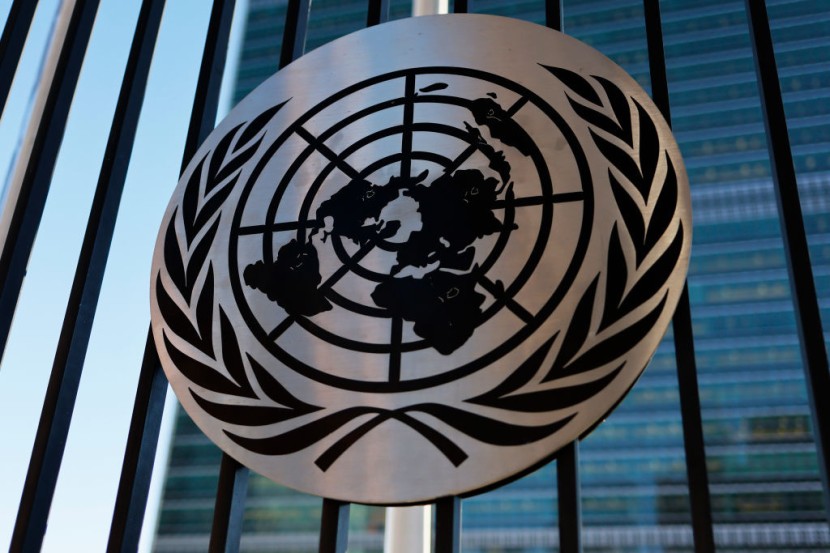A top UN assistance official expressed concern on Wednesday that the war-torn nation's economy, especially commercial imports of necessities, may suffer if the United States decides to add Yemen's Houthi rebels back on the list of terrorist organizations.
The US action, which was announced last month, targets the Iran-aligned group with severe penalties that go into effect on Friday. The goal is to sever the Houthis' access to financing and weaponry, which they have been using to escalate their attacks on ships in crucial Red Sea commerce lanes, as per Fox News.

The United Nations Special Envoy to Yemen, Hans Grundberg, stressed the necessity for immediate actions to de-escalate tensions in the region. Grundberg called for a regional de-escalation, urging all parties to refrain from engaging in "military opportunism." He also emphasized the need to safeguard progress towards a mediated agreement.
The current crisis in Yemen has been exacerbated by the Houthi rebels launching attacks in the Red Sea and Gulf of Aden against ships they claim are associated with Israel. The rebels assert that these actions are in solidarity with Palestinians and vow to continue until Israel ceased its operations in Gaza.
In response to the provocations, the United States and the United Kingdom have intervened, conducting a series of air raids on Yemen with the hope of deterring the Houthi rebels. The Iran-backed insurgents have been in conflict with a Saudi-led coalition since 2015, seizing control of the capital Sanaa and displacing the internationally recognized government to Aden.
Despite promising negotiations in December, the recent Houthi attacks and subsequent Western retaliation have thrown the peace process into uncertainty. Grundberg, who has been actively engaged in diplomatic efforts, expressed that despite the challenges, there are assurances from all parties that they prefer the path to peace.
The situation in Yemen has had an enormous effect, resulting in an array of casualties due to various factors including disease and malnutrition. The UN's humanitarian agency OCHA reports that over 18 million Yemenis require immediate assistance, according to Al Jazeera.
Read Also: Trump Adviser Proposes New System for NATO
UN Responds to Crisis
Grundberg stated the importance of recognizing that Yemen's situation extends beyond its borders and should be seen as a crisis that affects the entire world. They called on the global community to make a nationwide ceasefire a top priority. The UN Security Council is currently holding its first "open" meeting on Yemen in almost five months, which highlights the seriousness of the situation.
One of the complications facing the region is the United States' decision to designate the Houthi rebels as a "terrorist" group, effective this Friday. This move has raised concerns about its potential impact on Yemen's economy, particularly on commercial imports of essential items. The UN aid operations director, Edem Wosornu, cautioned that Yemen's already fragile economy cannot withstand further major shocks.
The Houthi attacks have also led major shipping companies to reroute around southern Africa to avoid the Red Sea, a crucial route that typically handles about 12 percent of global maritime trade. Despite Washington issuing exemptions to mitigate the impact on civilians, the humanitarian community remains apprehensive about the potential adverse effects on Yemen's economy.
Grundberg confirmed the urgent measures necessary to break free from the present dangerous cycle of escalation as international stakeholders struggle with these issues: putting an end to regional military opportunism, safeguarding the advancement of mediated settlements, and pledging to abstain from using force as a group.
The global spotlight is now focused on the diplomatic efforts aimed at finding a long-term resolution to the intricate crisis in Yemen, FirstPost reported.








